People in a culture build and modify language according to their own cultural meanings. Some of the most apparent cultural constructions are idioms—phrases that mean much more than their words. Meaning exists in the mind more than in a dictionary.
Different Breeds of Dog
Soon after moving to Munich, I faced a dreadful prospect: I had to get a haircut. A traumatic experience a few years earlier in Paris sprang to mind. That cut, a direct result of my broken French, had freed my fine, straight hair from their weighted confinement, unleashing hair twirls that my Midwestern U.S. background referred to as cowlicks. I darkly reimagined the image of my hair sticking straight out.
Now, I knew I needed to redouble my effort at accurately communicating the German words and grammar for ‘do not cut too short in the back where the hair twists instead of lies straight.’ I learned my problem was called ein Haarwirbel: a hair swirl, or even better translated, ‘a hair maelstrom.’ The English idiom cowlick was in German an idiomatic Haarwirbel.
Long enjoyable conversations with my barber in German became routine. Upon one of my visits, a female patron was also there with her dog. The small dog slept in a child’s stroller, not a care in the world. Feeling confident by this time with my German, I gestured toward the dog, and said, smiling, the English phrase, literally translated into German, ‘that’s a dog’s life!’ Total confusion ensued.
Simple Words, Complex Meanings
A single word is always ambiguous without a shared context. The dog you imagined above was not the dog I saw. A canine is not the same as a police K-9 German Shepard or the diminutive stroller dog. If single words can mean different things to different people, combining words into phrases presents even more complexity.
Idioms are prime examples of phrases undecipherable without proper context. Idioms are enjoyable to learn specifically because they encrypt considerable information into small spaces, telling you something about a people and their culture.
Understanding Really is in the Details
Abstraction is the principal tool for decrypting meaning. To abstract something takes us from the specific definition of dog in the statement "that dog next door," to the generality of an animal taxonomically canis. Just saying 'dog' to someone is meaningless without context. Discussion navigates the available meanings.
View abstraction as a pyramid: a single universal meaning at the top; a base composed of many differentiations. Climbing up the abstraction mound during discussion indicates a search for similarities between what a speaker means and the listener thinks, moving down, a search for distinction.
A Pyramid for Clarification
The greater scope of the information under discussion, the more possible pathways are available up and down the pyramid. A listener’s purpose is to obtain as much meaning as possible and relate it to their own concepts and perspectives. The effort is to understand, not to agree.
A listener uses context to ask questions about the speaker’s actual words, phrases, and concepts. Similarly, negotiators use reflective listening to understand a speaker’s sounds, trying to decrypt the message. Negotiators proactively search for understanding.
-- --- ·-· ··· · -·-· --- -·· ·
The female patron, her haircutter, and my barber were at a complete loss to understand what I had just said. Minutes passed of intense conversation, back-and-forth, me trying to explain what the phrase meant, working through different interpretations and meaning, and asking questions.
Finally, clarity: in German, ‘a dog’s life’ indicated a life of hardship and poverty. The German saying for ‘the easy life’ is ein Hund in Frankreich: a dog in France.
I had worried about getting straight the meaning of individual words when the real understanding lay in the multiple meanings within language itself.
Negotiators Navigate Success Using Abstraction
Transmitting ideas from one to another is inherently ambiguous. Negotiators resolve the ambiguities through our uniquely common system of decryption, abstraction. By definition, negotiation requires the dynamic skills of attentive listening and sought understanding.
You never know how your words will be interpreted! https://youtu.be/zSQUPINrgYg

